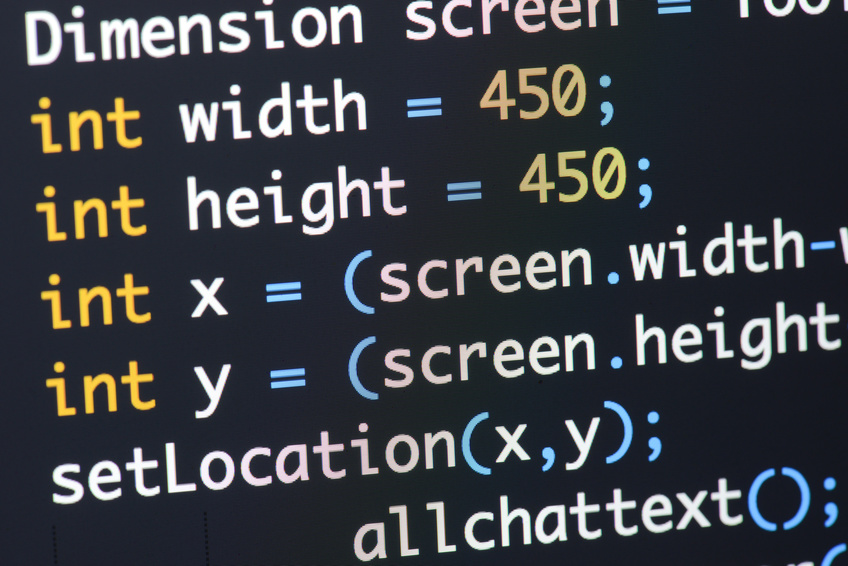
Hungry to learn: Ultrafast algorithms devour Big Data
Author
Professor Alessio Benavoli
Istituto Dalle Molle di Studi sull’Intelligenza Artificiale
Interview with one of the persons in charge of the NRP75 project „Hungry to learn: Ultrafast algorithms devour big data“.
What are your project goals and what have you already achieved?
The human race is producing ever larger amounts of data. Computers have the ability to learn from data, but dealing with huge volumes of it still poses a challenge. This project develops powerful, ultrafast algorithms for learning from big data using “Gaussian processes”.
“Gaussian processes” refer to a family of powerful algorithms used in machine learning. These algorithms have many virtues. They can learn from any data, no matter how complex. They have good mathematical properties for reliable predictions. They are clear and readily understandable. But this power comes at the cost of processing time that is incompatible with big data. Nonetheless, in some cases it is possible to approximate these algorithms to compute data of any size. This project aims at extending this capability to all cases by developing algorithms for big data that have the potential to transform applications.
We have developed a fast Gaussian Process algorithm for nonlinear regression problems. We are now working on classification problems.
What are you and your team particularly proud of?
Our team comprises four researchers: Professor Marco Zaffalon, Professor Alessio Benavoli, Dr. Dario Azimonti and Manuel Schuerch (PhD student). We are very proud of our sequential fast learning algorithm. The sequential learning of nonparametric models is indeed mathemathically complex and difficult. Our algorithm was obtained after months of hard research.
What changes does your project bring about?
The sequential aspect of our algorithm is important because as Gaussian Process models are exposed to new data, they are able to independently adapt. They learn from previous computations to produce reliable, repeatable decisions and results.
We have a collaboration with MeteoSwiss to apply our algorithm for correlating weather radar data with ground sensor data for rainfall intensity forecast. I am writing this paragraph while a violent storm with extremely strong winds and heavy rain is hitting Ticino. The realibility of rainfall intensity forecast is very important nowadays due to the climate change.
What does NRP 75 mean to you?
NRP 75 gave us the possibility of building a strong research team to tackle difficult problems. It allowed us to advance our research on the topic as well as to connect to other groups in Switzerland facing the challenges of big data.
What would be missing if your project did not exist?
Simply our research would not be possible.
Our sequential algorithm learning a nonlinear function. Red dots are data.

